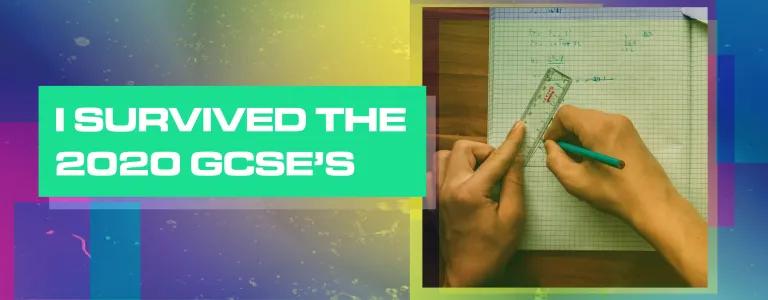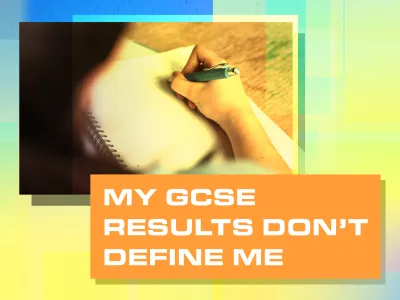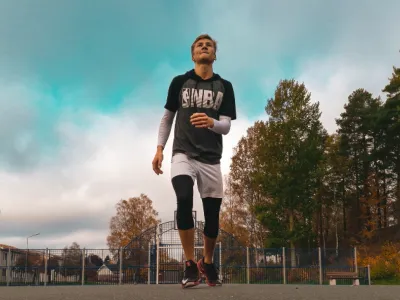
I Survived The 2020 GCSEs
Include this article in your Skills Builder Journal. It could help you develop... 
It’s safe to say that 2020 was a bit of a weird one, right? The world went through a global pandemic, and everyone had to learn to adapt. For a lot of young people all over the country, school life got massively disrupted. And for a long time year 11’s didn’t know whether their long awaited GCSE exams would happen. Here’s Jay’s experience…
During the early months of 2020, the world was in stand still due to the COVID-19 crisis that would quickly become a global pandemic. The months of March and April became riddled with terror as most of the UK was forced into lockdown, meaning all students were sent home from their regular academic lives. Most schooling systems employed an online programme to continue educating their students throughout the lockdown, however, this did not ease the tensions for Year 11 and Year 13 students who would’ve been undergoing exams during this period. After months out of school, the exams were cancelled and a great many students had to rely on predicted results given to them by their teachers. This meant many students were graded down in their exams and had to appeal them in September to ensure placements in colleges, sixth forms and universities.
My experience during this time as a Year 11 student was very stressful. We were given our predicted results and told to forget about exams entirely. The results I received were in no way accurate to what I would’ve achieved had I taken the exams, and we did not receive any work that could have been used to support better grades.
The only solace I had was after I had reached out to my chosen sixth form, and they responded by giving me the bridging work early. They also gave me the course curriculum so I could read ahead with all the spare time I had found myself with. Due to COVID-19, I was also forced to shift from assisted learning to independent study. This was one of the hardest obstacles I had to overcome, as I no longer had the constant support of my teachers and had to do all of that on my own, adding in extra materials like articles and books around the subject. To be honest, I have yet to master this skill even though I am a year into the courses!
During lockdown, I spent most of my time either finding resources that matched my course curriculum or expanding interests that I previously didn’t have the time for. I got into redesigning old clothes that I no longer wore, this ranged from tie dye, rips, patches and even bleach art and painting. I pushed myself to do this to keep my mind active and to stabilise my mental state, not wanting to give into the depths of stress and to take my mind off high school and college. This was an important part of my lockdown as I feel it stopped me sinking into a depressive state and losing all motivation completely. It occupied me and allowed me to refresh from time to time.
Now the summer holidays are here, a lot of people are wary of another lockdown due to recent spikes in COVID-19 cases and the threat of a new variant. If you find yourself in a similar situation this September term, I would definitely recommend self-study. Email your school about the curriculum and make a list of all the things you need to know, attend seminars, and read all the articles and books you can get your hands on that relate to the subject. It really helps. Another thing you should definitely consider doing is partaking in a hobby or activity that brings you joy. It is important to keep yourself happy and mentally active during this time. And finally, talking to people, whether in person or through the internet, is also a massive factor in increasing positive mental health during this time. Keeping in touch with friends can really make the difference and prevent social regression and depression. This factor was the most widely reported problem throughout the last lockdown and something as simple as a phone call can really make a difference.
During situations like this, you have to stay motivated and take charge of your own future, because at the end of the day you do have the power to make that difference. Remember you’re not alone, and lockdown does not necessarily mean social isolation, simply more creative ways of initiating a conversation are required.





